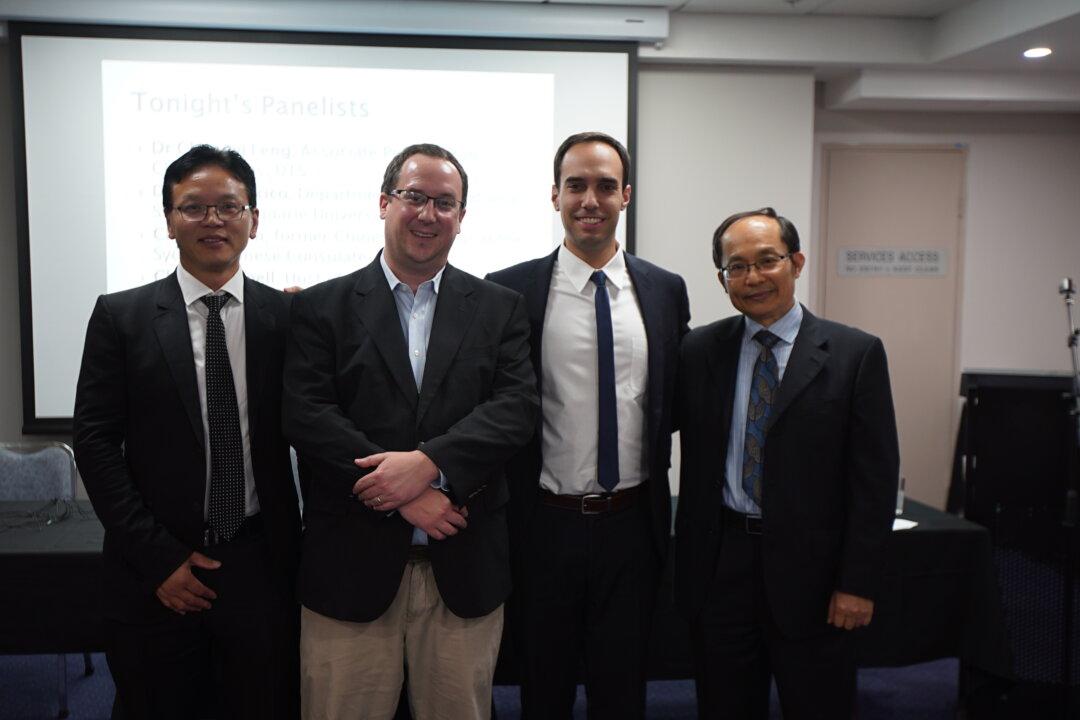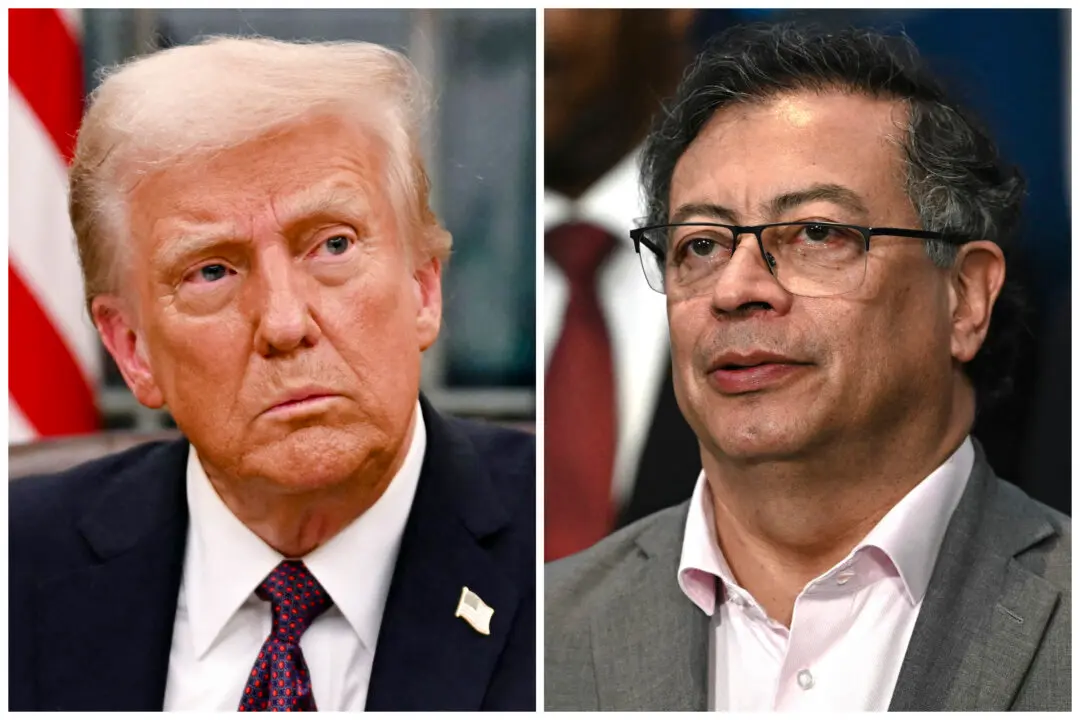A group of Australia-based academics who study China have issued an open letter arguing that there is concrete evidence of the Chinese Communist Party (CCP)’s “unacceptable interference” in Australia’s society and politics—dismissing the argument by some that the debate about Chinese regime infiltration is driven by racism.
The Australian government has proposed laws that criminalize foreign political interference, after Prime Minister Malcolm Turnbull said late last year that foreign powers were making “unprecedented and increasingly sophisticated attempts to influence the political process.”





